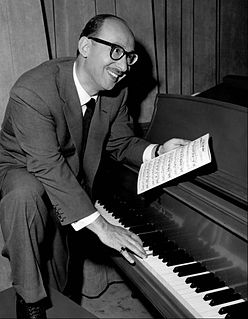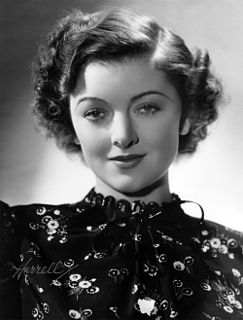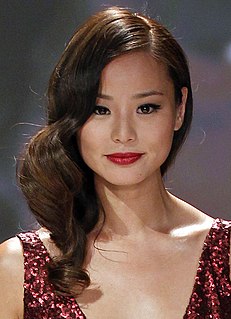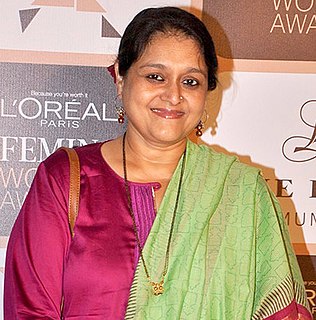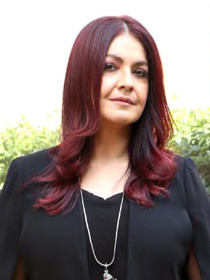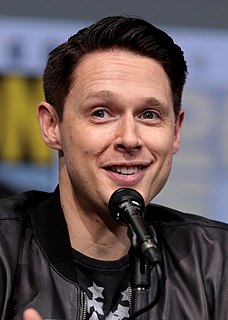A Quote by David Hockney
I can see that cinema seems to be finished. Everybody has a bigger screen at home. I'm assuming eventually you won't need a screen at all - these iPhones will just project.
Related Quotes
I'll remember this to my grave. We all walked into a room to see the screen tests. The first screen test was Marion Hutton's. Then came Janis Paige [who ended up with a part in the film]. Then on the screen came Doris Day. I can only tell you, the screen just exploded. There was absolutely no question. A great star was born and the rest is history.
I admire some of the people on the screen today, but most of them look like everybody else. In our day we had individuality. Pictures were more sophisticated. All this nudity is too excessive and it is getting very boring. It will be a shame if it upsets people so much that it brings on the need for censorship. I hate censorship. In the cinema there's no mystery. No privacy. And no sex, either. Most of the sex I've seen on the screen looks like an expression of hostility towards sex.
I'm a Brit and I just put myself on tape, back in London, for a very distant American project that I thought I didn't stand a chance of getting. And then, I got a call about a week after I had submitted my tape, just saying, "They really like you and want to screen test you." So, I flew to L.A. and did the screen test. And then, I met Elijah [Wood] and did a screen test with him. And then, I had a very nerve-wracking few days back home, waiting and waiting and thinking, "This cannot possibly go my way because that would just be too good to be true." And then, it did.



